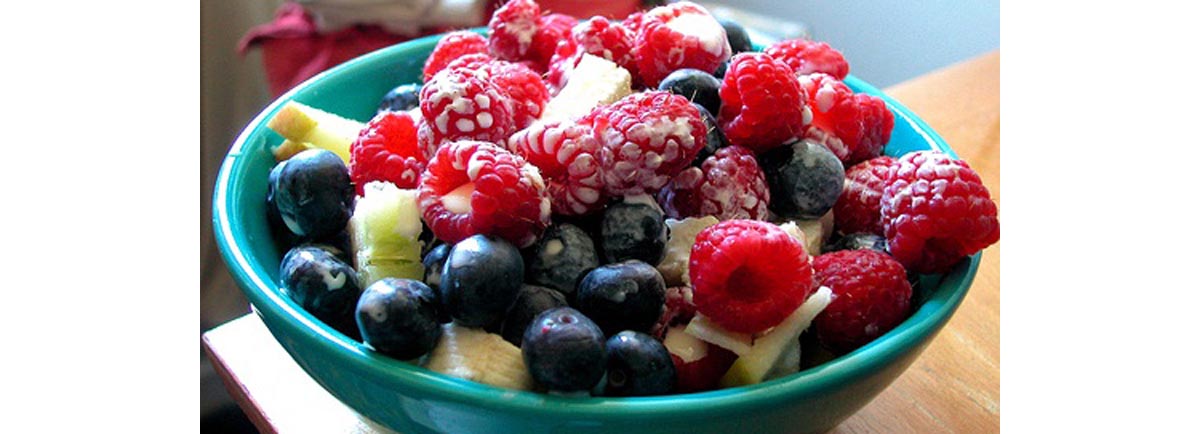Table of Contents
Without meaning to stereotype, cardiovascular athletes are often the worst when it comes to pre-workout nutrition. Many will sit in the office all day then go for a run or bike straight from work without having eaten since lunchtime, while others will jump out of bed and immediately head out of the door for their morning session without so much as a cup of coffee or glass of water.

Those using cardio as a way of burning fat often buy into the myth that training on an empty stomach burns more fat, which is one of those misnomers that seems to constantly circulate. The only thing training without eating does is make you feel awful and negatively impact the quality of your session.
Even high level endurance athletes often train on nothing more than a banana or piece of toast and many still heed the 1980s recommendation of carb-loading days before an event. Carbs are important, but this misinformation can seriously hinder your performance.
Carbs
Talking of carbs, what exactly do they do?
Well they’re your body’s main source of energy for one thing. Meaning that they’re pretty important before a bout of cardio. Carbohydrates are a very individual matter. Some people do really well eating lots of carbs – they have huge amounts of energy, don’t gain excess fat and perform at a high level, whereas others merely have to look at a piece of bread and they gain 15 pounds and fall asleep on the couch.
If, however, carbs put you to sleep and make your stomach look like you’re giving birth to triplets, then be strategic with your carbs. Stick to easily digestibly sources like berries, pineapple, mango or apples or have a small portion of cereals. These guidelines also apply if you’re using cardio to burn fat as you want a small energy boost, but don’t need chronically high blood sugar levels.
Don’t believe the hype about needing to carb-load for days before a session or event. Carbs digest relatively quickly, so you only need to take them in large quantities three to four hours before you kick off.
Protein
Protein may be more commonly associated with bodybuilders and strength athletes, but cardio peeps need it too. Your muscles break down as you work them and protein is required to build them back up again. Take in 20 to 30 grams of protein from meat, fish, eggs, dairy products, beans or a supplement around two to three hours beforehand.
Supplements
We’ve already touched on sports drinks and how they may be beneficial but certainly aren’t needed by the majority of people or for regular training sessions, but there are two supplements that can be useful.
Caffeine provides a potent physical and mental boost, but you need to be careful.
Just as with carbs, people have different reactions to caffeine. If you’re a coffee-fiend who has a special section in your wallet for your Starbucks card and can never be found without a piping hot cup of Joe in your hand, it’s likely caffeine won’t have much effect on you. Similarly, if you never touch caffeine then even a small amount can make you utterly wired. So play around and see how much you need.
Creatine is the second potential pre-workout boost you’re looking for.
Again it’s better known in the weightlifting community, but studies have also shown that creatine buffers lactic acid which delays fatigue and helps you train for longer. Take three to five grams half an hour pre-workout.
- “Top Secret Cardio Nutrition: Mastering The Fuel Factor”, By Scott Lardella, Published on June 4th, 2012, Accessed on October 3rd, 2012, Retrieved from http://www.bodybuilding.com/fun/top-secret-cardio-nutrition-mastering-the-fuel-factor.html
- Photo courtesy of souschef on Flickr: www.flickr.com/photos/souschef/465114075
- Photo courtesy of ralphandjenny on Flickr: www.flickr.com/photos/ralphandjenny/6766518197

